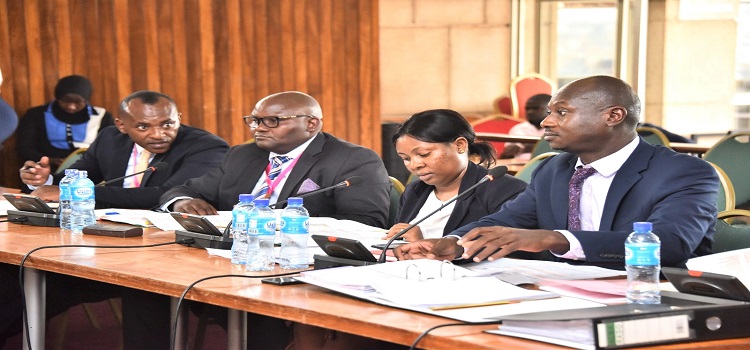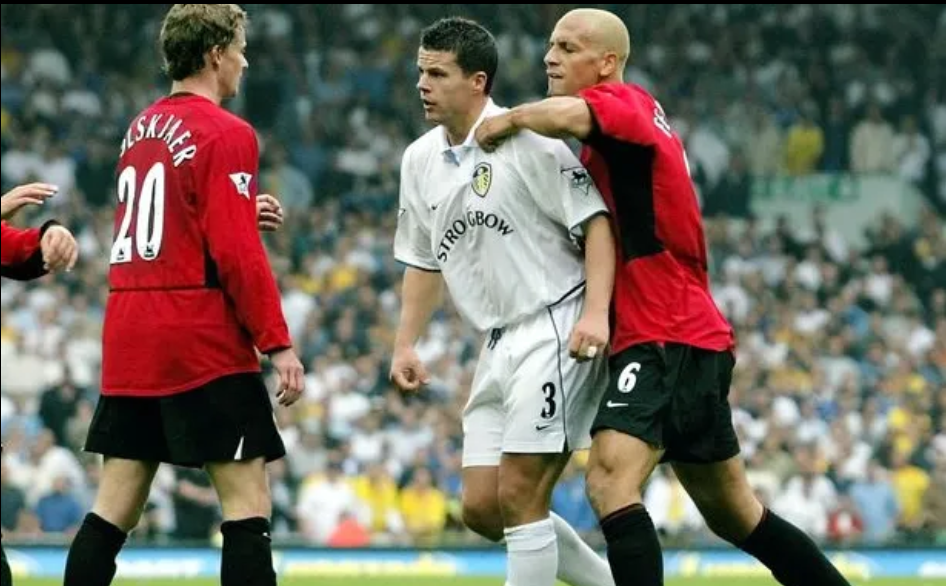The recent study, done by Prof. Elisa Macchi in Uganda, is a much talked about investigation, that is pending publication in the American Economic Review and reveals something more than meets the eye. The study reveals how obesity is viewed in Uganda – and how it is correlated with wealth. In the study, 238 loan officers were scattered in 148 financial institutions. They were tasked to review loan applications from fictional applicants (an aspect they didn’t know). The loan officers also didn’t know that the applicants whose applications for loans they were reviewing were “ghost applicants” with pictures that were fabricated to portray them as either obese or thin.
What the study showed, in the final analysis, was that the “obese applicants” were readily approved for loans versus the “thin applicants.” Fortunately (to some degree), however, as more “financial data” was revealed, this bias seemed to dwindle. The fact remained, notwithstanding, that obesity conveys better social status and perception in the Ugandan psyche. In a country and culture where obesity is customarily correlated with wealth, this is not surprising. In stark contrast, in the more industrialized nations of the world, obesity is customarily correlated with poverty. This leaves us with some questions to ponder.
There is certainly more to this investigational study than meets the eye. One can safely deduce that our people, in Uganda (and in Africa as a whole) have imported–and continue to import–diets and lifestyles from overseas that are detrimental to their health.
But It is important to first consider some background information.
Uganda’s indigenous diet, though not entirely plant based, includes starchy staples, vegetables, greens, fruits, nuts, and beans. The indigenous drinks of choice were once clay pot or well water and dry chai. However, as we import foreign based diets and lifestyles from overseas – we begin to see something sinister. The consumption of indigenous foods continues to fall while the consumption of undomestic foods hikes up. The greasy fish and chips are what people run to – instead of the matooke, doodo (Amaranth greens), and groundnut stew. The sodas are what people love to guzzle at the kasiikis instead of plain water. We prefer to drive to the shops than walk. How dare you be seen walking – what terrible optics that is! You must be indigent! No, you need to drive to the shops – that is class! “Footing” (the vernacularized description of walking) is simply not an option.
And as people continue to migrate from the villages to the city, the consumption of foreign diets and the adoption of imported lifestyles, often perceived by many as “better,” gains more appeal.
The overseas diets and lifestyles Ugandans embrace come at a great price. They promote obesity–and with obesity comes other maladies like high blood pressure, heart diseases, high cholesterol, strokes, and kidney disease. In a country where healthcare carries high costs that most people find hard to afford – we must re-visit and challenge some perceptions that could help prevent diseases, in Uganda, in the first place.
The ”Mafuta-mingi” perception of the 1970s’ Amin era, that still lives on and feeds the stereotype that obesity correlates with wealth, must be challenged. Obesity is not good for our people. It is a health problem – let alone, it is NOT good for businesses and equality since it imparts some preferential class status to a portion of the population.
Is the importation of foreign diets and lifestyles worthwhile to the detriment of the health of the populace at large? Isn’t the cost of healthcare, associated with the bad health outcomes that come with imported diets and lifestyles, too burdensome for Uganda to keep paying? Is the bias of an unhealthy stereotype hurting Ugandans more than it is benefiting them?
Imported diets and lifestyles come with a price – a price we cannot afford to pay.
Dr. Ivan Edwards is a Ugandan American who was born and raised in Uganda, and later immigrated to the US, where he currently resides. He is a medical doctor, a USAF flight surgeon, at the rank of Lieutenant Colonel, a humanitarian, an entrepreneur and an international motivational speaker.
Do you have a story in your community or an opinion to share with us: Email us at Submit an Article








